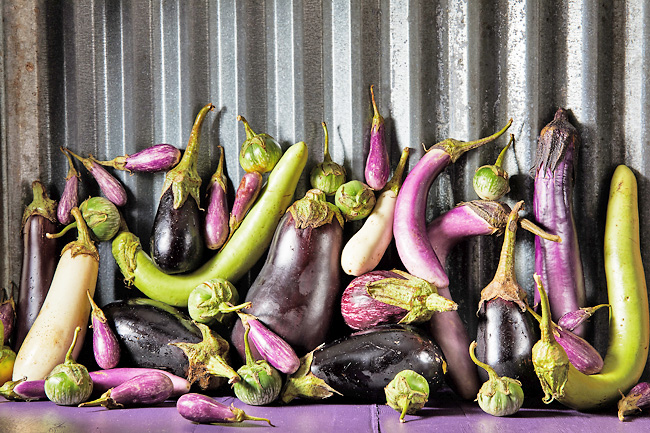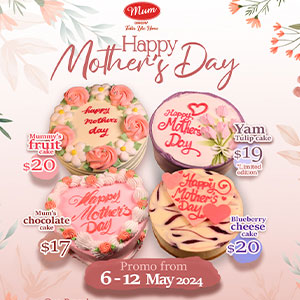Becky Krystal
THE WASHINGTON POST – Not just for the Marvel Cinematic Universe! We are bringing you a variety of tips for making the most of fresh produce. We’re talking squash (zucchini! so much zucchini!) and eggplant.
Below, find some of our best advises that will help these stars truly shine.
SQUASH
It might not seem obvious given that they are on opposite ends of the texture spectrum, but zucchini and potatoes can sometimes be used in similar ways in recipes. Just make sure you cook the zucchini first to drive off the moisture.
When shopping for summer squash, my colleague Aaron Hutcherson said, look for ones that are heavy for their size, without soft spots or wrinkled skin. “Smaller squash are typically more tender, have fewer seeds and are more flavourful,” he added.
Aaron also says you can grate and freeze fresh squash for up to a year.

A tip I picked up from a recent issue of BBC Good Food magazine: When making a dish such as a curry for which you want to pan-fry the pieces until they’re golden and firm, consider scraping the seeds out of the halved squash before slicing. Then you can add them back into the dish later to retain their flavour and moisture.
Marinating isn’t just something to do before cooking. Consider tossing roasted chunks or grilled slices of squash with a punchy dressing while they’re still warm so that the flavours are absorbed.
EGGPLANT
If you’re an eggplant sceptic, grilling is a great way to potentially reframe your feelings about these nightshades. The smoky flavour takes over, and the heat transforms the eggplant into silky, even meaty, succulence. (If you don’t have a grill, a broiler works well for indoor cooking, which I do for my eggplant parm casserole and sandwiches.) And with a hot grill, there’s less of a chance you’ll undercook it, which I think is what turns many people off. For an especially popular entry point, puree the eggplant into baba ghanouj.
Like squash (and many produce in general), eggplant should be heavy for its size. If it’s light, there’s more of a chance of it being seedy and bitter.
Longer Asian varieties are milder in flavour and boast a thinner skin. Their more slender profile also means it’s harder to undercook them.
Modern eggplant are bred to have much less of the bitterness they’re still trying to shake their reputation of, which is also why you often see salting recommended as a method to counteract it. “Although some people will argue that it affects the texture and oil absorption, I find the difference so marginal that it doesn’t merit the time and effort,” cookbook author Reem Kassis wrote in Voraciously.
If you’re roasting or grilling whole eggplant, be sure to prick some holes with a fork first. Otherwise, the eggplant may explode. (I know from personal experience!)





